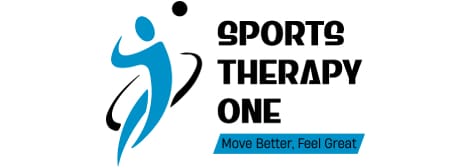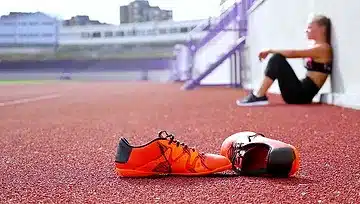Understanding Long COVID
COVID-19 has had a significant impact worldwide, affecting millions of people and causing numerous fatalities. While many people recover from the virus within a few weeks, others experience symptoms that linger or appear weeks, months or even a year or more after the initial recovery. This condition is known as long COVID. This blog post aims to shed some light on the effects of long COVID in athletes and its potential long-term symptoms and side effects.
Long COVID, also referred to as post-acute sequelae of SARS-CoV-2 infection (PASC) This is the term used to describe the lingering symptoms experienced by some individuals following recovery from the acute phase of COVID-19. These symptoms can persist for weeks or even months beyond the initial illness. The exact cause of long COVID is still under investigation, but it’s believed to be due to the body’s immune response to the virus. It’s also worth noting that anyone can develop long COVID, regardless of how mild or severe their initial infection was.
Long-Term Side Effects of Long COVID in Athletes
Athletes are renowned for their physical prowess and resilience; however, they are not immune COVID-19 or its lingering effects. The following are some potential long-term side effects that athletes may experience due to long COVID:
1. Cardiovascular Complications: One significant concern for athletes with long COVID is cardiovascular complications such as myocarditis (inflammation of the heart muscle) and pericarditis (inflammation of the lining around the heart). These conditions can lead to chest pain, shortness of breath, and abnormal heart rhythms which could significantly affect an athlete’s performance.
2. Respiratory Issues: Some athletes with long COVID may experience persistent respiratory issues like shortness of breath and coughing. These symptoms could limit an athlete’s ability to perform at their best due to decreased lung capacity and endurance.
3. Chronic Fatigue: Long COVID can also cause chronic fatigue, making it difficult for athletes to maintain their usual training and performance levels. This persistent tiredness is not alleviated by rest and can significantly impact an athlete’s daily life.
4. Cognitive Impairment: Some individuals with long COVID have reported experiencing cognitive issues such as brain fog, difficulty concentrating, and memory problems. For athletes, these symptoms could affect their strategic thinking and decision-making abilities during competitions.
The Impact of Long COVID on Athletic Performance
The long-term effects of long COVID can significantly impact an athlete’s performance. Cardiovascular complications and respiratory issues can limit an athlete’s physical capabilities, affecting their stamina and endurance. Chronic fatigue can hinder their ability to train effectively, while cognitive impairment could affect strategic aspects of their performance.
Moreover, the psychological impact of dealing with long-term health issues can also affect an athlete’s mental health, potentially leading to anxiety or depression. Therefore, it is crucial for athletes recovering from COVID-19 to have a comprehensive health check-up before returning to training or competition.
Conclusion
Understanding the potential long-term side effects of the virus remains critical for everyone, including athletes. Long COVID presents a unique challenge due to its varied symptoms that may persist for many months after recovery.
For athletes in particular, understanding what the effects on athletic performance of long COVID is essential. Having an awareness of how to spot symptoms and manage recovery, and being able to safely return to sport is key. It’s crucial that they listen to their bodies during recovery and seek medical advice if symptoms persist or worsen over time. As research continues into this new medical condition, it’s hoped that more effective strategies will be developed to diagnose, manage and treat long COVID in athletes and the wider population

